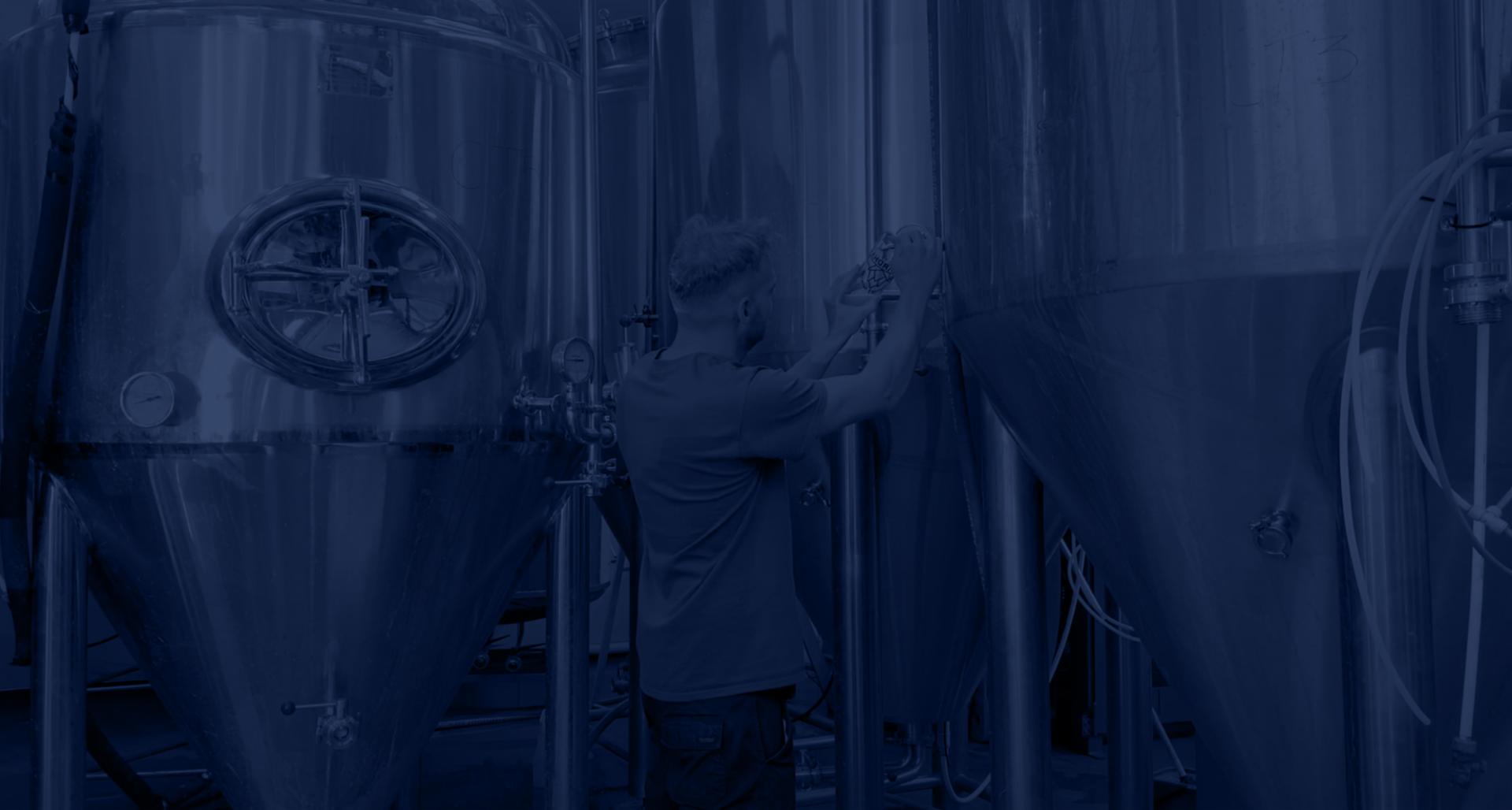
Testing Services
Niche Solutions are now working in conjunction with Brewlab to offer a wide range of analytical services.
Providing us with samples
Please contact our testing email testing@nichesolutionsgb.co.uk, including the batch/gyle number, which test you require and any additional notes.
Please include your contact details and a member of the Niche Solutions team will then contact you with a submission form and any additional information.
This should be included in your box.
We'll then give you the correct postal address where the sample/s should be sent.
The sample sizes required are 500ml minimum for Full Chemical Analysis, 330ml for ABV and 2L minimum for water testing. Ensure all samples are well packaged and double bagged to avoid breakages and spillages.
Receiving your results.
All results will be emailed in a pdf format on the day that Niche Solutions complete the analysis.
For chemical analysis these will arrive within 5 working days unless informed otherwise.
Water and microbiology results can take approximately 10-14 days due to the nature of the test performed.
Pricing
Download our latest price list.
Our services
Water Report
A full water analysis including Alkalinity, pH, Calcium, Chloride, Total Hardness, Sulphate and Magnesium. This will help you to calculate liquor treatments for your ideal water profile.
All water reports come with recommendations for Niche Solutions products.
Gluten Analysis
Please follow the link below for further details and to book in samples through our gluten testing service.
https://www.nichesolutionsgb.co.uk/services/arranging-your-tests
Full Chemical Beer Testing
This test includes Original Gravity, Present Gravity, ABV, Colour, Bitterness and a rough Calorie Count. This service will provide you with the relevant data needed to help consistently produce high quality beer.
Microbiology
This test provides a microbiological assessment of any sample taken throughout the brewery, allowing you to mitigate any risks from contamination.
qPCR
Quantitative PCR (qPCR) can identify microbes and genes of interest by rapidly amplifying DNA from the sample. The results can then be sequenced and compared to a wide-ranging database, or simply used to identify the presence of diastaticus, allergens or a specific contaminant.
This real-time analysis allows easier comparison between differing samples and can indicate how they change in a variety of conditions. This method can be very useful when rapid results are required.